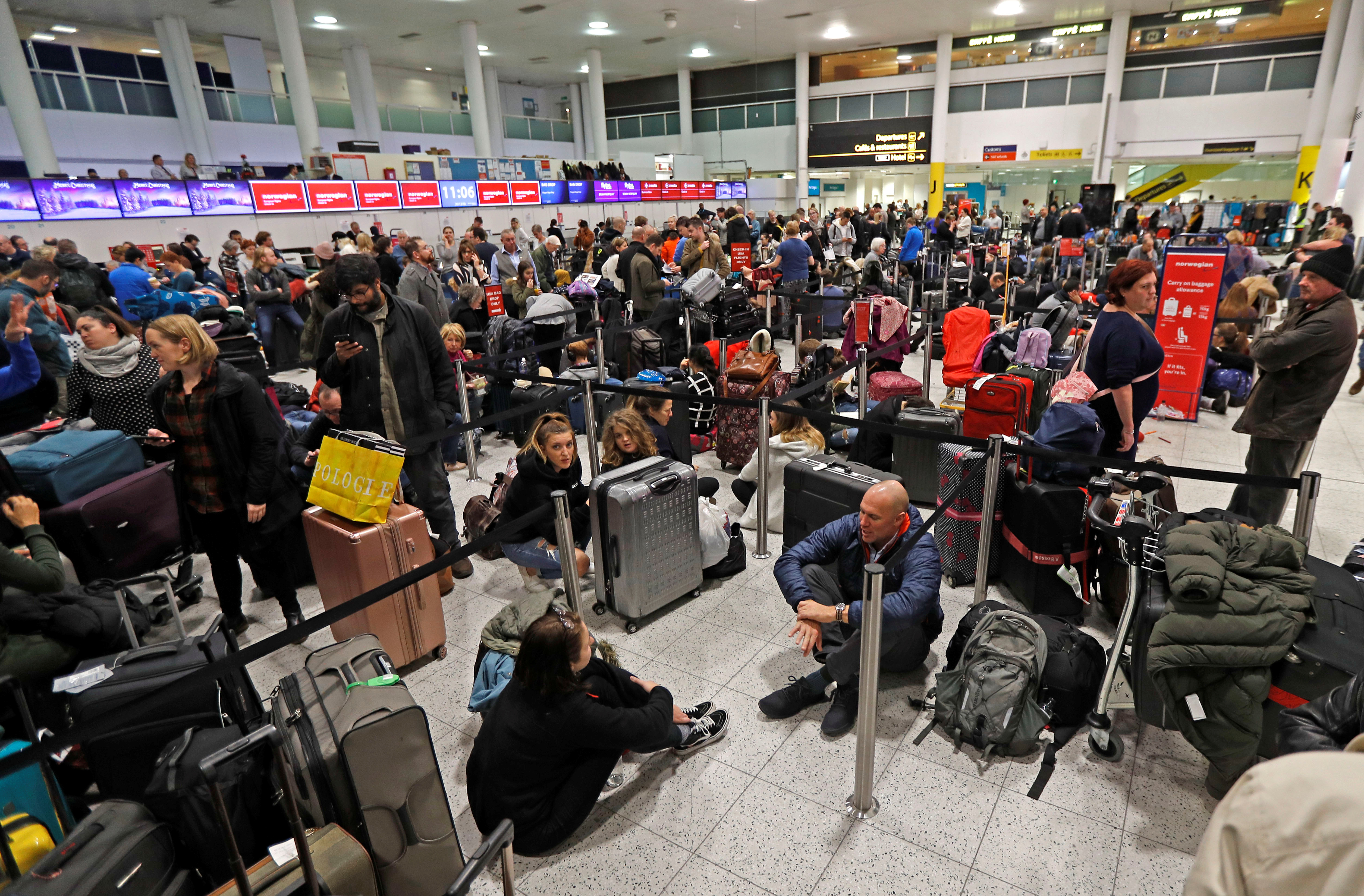
By Elizabeth Piper
LONDON (Reuters) – The divorce deal British Prime Minister Theresa May agreed with the European Union after months of tortuous negotiations was meant to unite her ruling Conservative Party over Brexit.
But a month later, rifts over Europe run so deep lawmakers have triggered a leadership contest that some members fear could tear apart a centuries-old institution that has produced prime ministers such as Winston Churchill and Margaret Thatcher.
Divisions over how close Britain should be tied to Europe contributed to the downfall of May’s three predecessors: David Cameron, John Major and Thatcher. May will become the next victim if a simple majority of her lawmakers move against her in a confidence vote on her leadership on Wednesday evening.
While a party split may still seem a distant option, former Conservative party leader William Hague and former attorney general Dominic Grieve have both raised the specter of an end to the Conservative Party in its current form.
With her job on the line, May too appealed on Wednesday for an end to the bitter Conservative infighting.
“Weeks spent tearing ourselves apart will only create more division just as we should be standing together to serve our country,” she said outside her Downing Street office.
As the scheduled date for Britain’s departure from the European Union on March 29 draws near, Brexit supporters are doing little to hide their disdain for the government or their pro-EU colleagues – and vice versa.
May and her team are often now described in brutally harsh terms, with some lawmakers feeling betrayed by what one calls the “sophistry” of using soundbites and “clever language” to cloud what they say is her soft position towards the EU.
“A very uncivil war has broken out,” one Conservative lawmaker said on condition of anonymity.
He said he had broken a long tradition of having breakfast in the parliament canteen because it had become a “toxic place”. He now eats in a nearby cafe.
TRENCHANT OPPOSITION
More worrying for May is the lack of trust she now inspires in her so-called backbenchers, the lawmakers she needs to get any legislation, including the Brexit deal, through parliament.
“So many MPs were opposed to the prime minister, and so trenchantly, that it is hard to see them coming to a consensus,” Hague wrote in pro-Conservative The Telegraph newspaper.
“If they fail to do so, they will have to brace themselves for the divisions among them to be exacerbated by a party leadership election, or a general election, or another referendum campaign or all of those one after the other.”
The Conservative Party, which returned to power in 2010 after more than a decade of Labour Party rule, has been divided over the EU for decades but the 2016 referendum Cameron called to settle the rows for good have only worsened the schisms.
Since the text of a divorce deal was agreed on Nov. 13 setting out the terms on which the country would leave on March 29, positions have hardened among Conservatives.
Pro-Brexit campaigners accuse May of trying to keep Britain too closely aligned with the EU even after the country leaves when they want a clean break with Brussels.
May’s decision to delay a parliamentary vote on the deal this week provoked anger among members because ministers had promised until the very last minute it would go ahead. One had confirmed Britain must push ahead with the debate just hours before May’s U-turn.
“Theresa May’s plan would bring down the government if carried forward. But our party will rightly not tolerate it,” pro-Brexit campaigners Jacob Rees-Mogg and Steve Baker said in a statement. “In the national interest, she must go.”
‘FEEDING THIS MONSTER’
Pro-EU Conservatives were equally entrenched with the future of Britain’s $2.8 trillion economy at stake in the country’s most significant political decision since World War Two.
“I think this is a disgraceful move by a small group of people who are engaging in their ideologically driven self-interest,” Conservative lawmaker Anna Soubry said on Wednesday after the leadership challenge was announced.
“Unfortunately, Theresa has been feeding this monster that now has turned on her to try and, in turn, eat her … If she doesn’t sort these people out, then our party is doomed.”
For many Brexit supporters, trust in the government has long been undermined. They felt May had taken on their Brexit platform of leaving the EU’s single market and customs union when she launched the negotiations to leave.
But that confidence has been whittled away since she lost the party’s majority in an election she need not have called in June 2017, with one Brexit supporter saying: “Since the election … it’s been downhill all the way.”
The Labour Party is now pressing for an election, something several Conservative lawmakers say the squabbling party is far from prepared for. But Labour also is deeply divided over Brexit and some in its ranks say it too would suffer under the spotlight of an election.
Still, the Conservative Party has been disciplined in its pursuit of power, and some say that while the atmosphere is bad at the moment, it may pass when Brexit is over.
“There are some people who disagree profoundly with other people,” one Conservative lawmaker said. “You might get one of two disaffected people swanning off, but I don’t think it will amount to a split.”
(Reporting by Elizabeth Piper; additional reporting by William James; editing by David Clarke)














